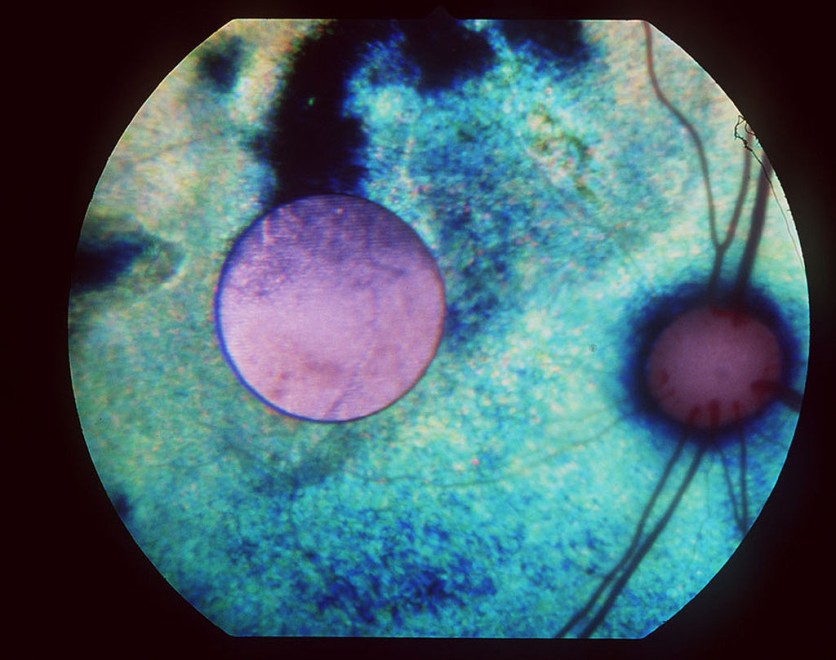
A woman with diabetes pricks her finger to take a blood sample to measure glycemia in Paris on March 24, 2020, on the eighth day of a strict lockdown in France aimed at curbing the spread of COVID-19 caused by the novel coronavirus.
A new drug could slow diabetics' vision loss, as well as retina damage. This was revealed by a new study, which was conducted by scientists from John Hopkins Medicine and Wilmer Eye Institute. Involved researchers clarified that the 32-134D is still an experimental medicine.
Although the drug is far from complete, the team of scientists claimed that it already performs well against retina damage and vision loss in diabetic patients.
New Drug Slows Diabetics' Vision Loss, Claims Study
According to Interesting Engineering's latest report, the new study focused on proliferative diabetic retinopathy and diabetic macular edema.

Also Read : [STUDY] New Bacteria With Extreme Amino Acid Synthesizing Ability Can Improve Immune System-but, How?
These are considered the two common eye conditions among diabetic patients.
For the past few years, these eye diseases are usually treated using anti-VEGF (anti-vascular endothelial growth factor) therapies.
However, numerous studies confirmed that anti-VEGF treatments are not really that effective. Aside from this, they also cause side effects.
These include eye tissue damage, as well as increased internal eye pressure. This is why involved researchers decided to find a safer alternative, which is the 32-134D compound.
Is the New Eye Drug Really Safe?
In the new study, which was published in the Journal of Clinical Investigation (JCI), the experimental drug leads to lower levels of the protein HIF (hypoxia-inducible factor).
If a diabetic has low HIF levels, then it would be easier to prevent retinal vascular diseases.
Because of this, researchers claimed that the new eye medicine is safer than existing eye treatments.
"We came to find that the drug examined in this study, 32-134D, was remarkably well tolerated in the eyes and effectively reduced HIF levels in diseased eyes," explained Akrit Sodhi, the study's co-author.
Previously NIH announced that vision loss in diabetics already reached around 8 million. The agency predicted that this number would double by 2040.
If the new experimental drug becomes successful, then it would really help people suffering from diabetes.
In other news, health experts claimed that depressed people's brain signals are flowing in the wrong direction. Recently, a study identified a before-birth gene expression, which could increase the chance of ADHD.
For more news updates about health, always keep your tabs open here at TechTimes.
Related Article : New Alzheimer's Disease Drugs Have Deadly Risks-With Some Patients Dying

![Apple Watch Series 10 [GPS 42mm]](https://d.techtimes.com/en/full/453899/apple-watch-series-10-gps-42mm.jpg?w=184&h=103&f=9fb3c2ea2db928c663d1d2eadbcb3e52)



